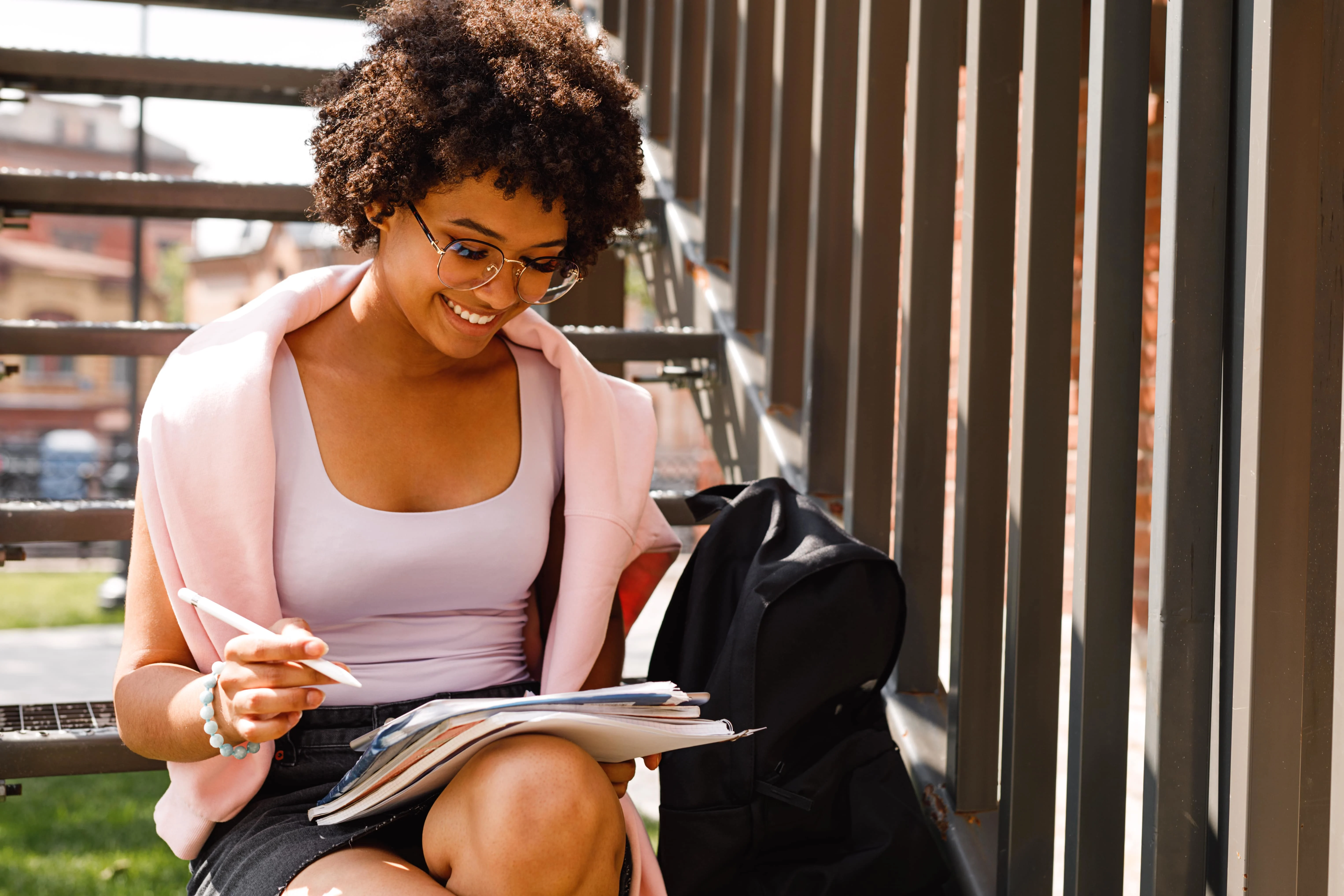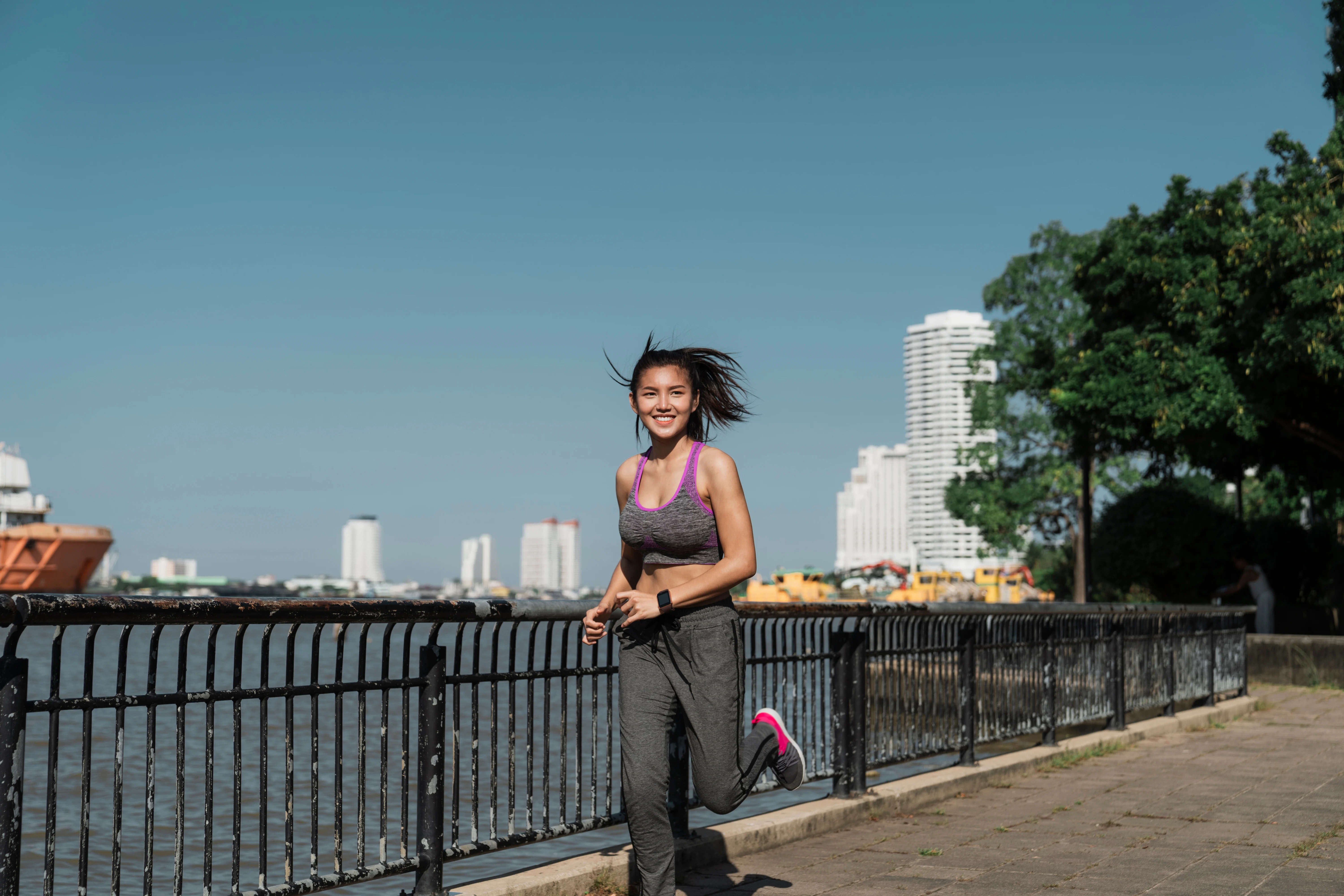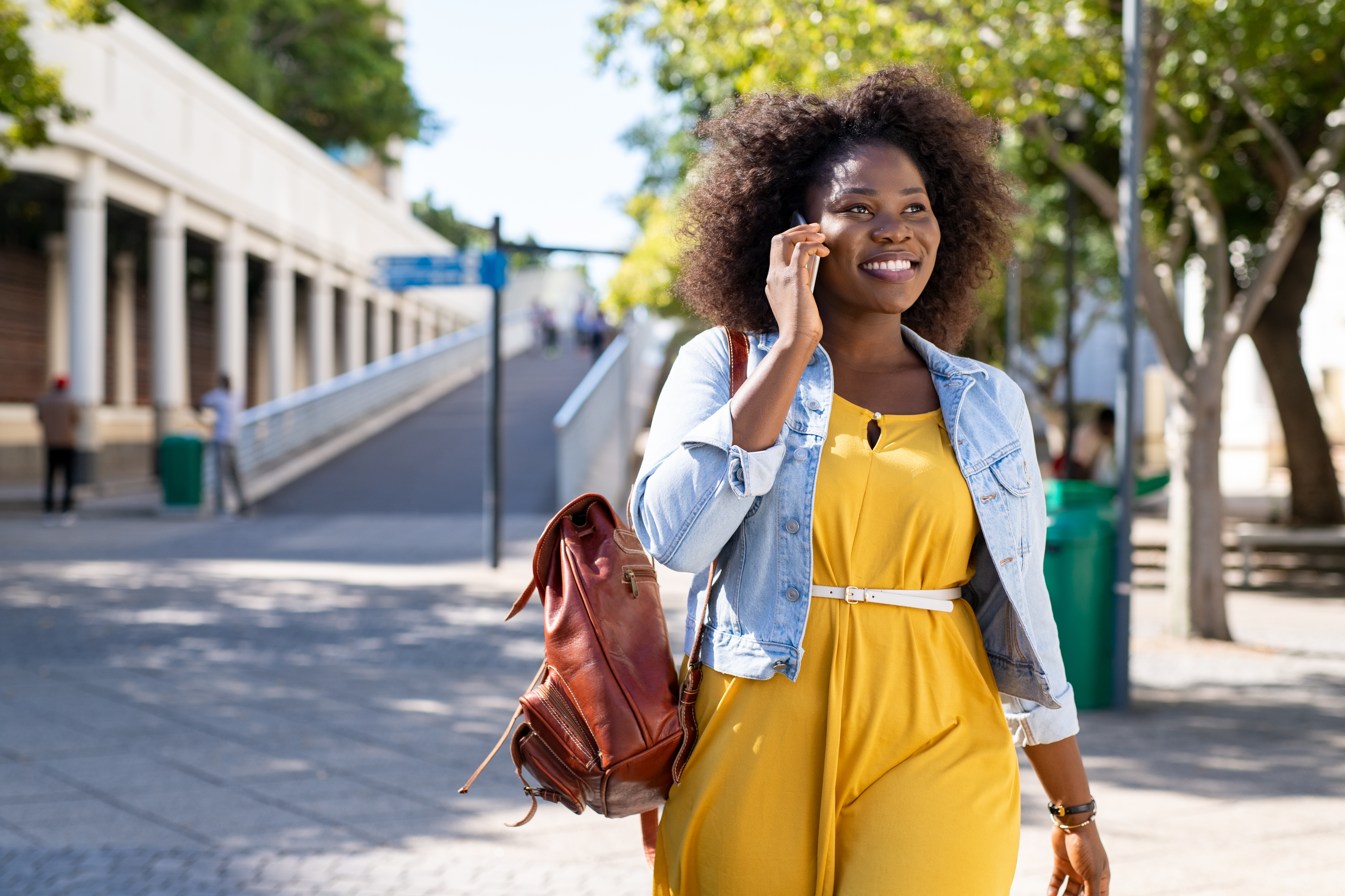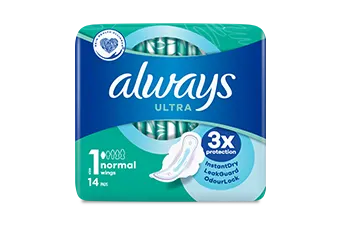

Wondering what goes on in your body around your period to cause PMS – aka premenstrual syndrome?
Understanding the causes of PMS can make it feel more manageable. Also, knowing about your body and how it works can give you a boost of confidence that everything is indeed fine and dandy (even though it might hurt).
So, without further ado, we’ve put together an explanation about PMS causes and what can be done to relieve them. Hope springs eternal.
1 Which hormones cause PMS?
PMS symptoms are caused by changing levels of estrogen and progesterone, the hormones that control your menstrual cycle.
Progesterone can cause irritability, hunger, acne, breast tenderness, and fatigue. Estrogen, on the other hand, can cause bloating, mood swings, and headaches.

2 What causes PMS symptoms?
Sometimes PMS symptoms come in the form of period cramps. These cramps are caused by chemicals in your body called prostaglandins.
Prostaglandins are produced by your uterus when it’s time to get your period. Prostaglandins make your uterus contract (why your lower abdomen feels the way it does when you get your period) so that it pushes your uterine lining – aka your period blood – out of your body through your vagina.
Having a particularly heavy flow can make period cramps worse and can be one of the PMS causes. If you think about what causes period cramps, this makes sense.
If your body has more period blood to expel, it needs to work (i.e. contract) harder, causing you to feel more intense period pain symptoms.
The good news is that not all periods are the same. You may notice that some months you experience strong PMS symptoms, whereas during other months you barely feel them.
Slight changes in your diet or lifestyle can affect your hormones, which can cause PMS symptoms to be lighter or worse on any given month.

3 What can I do about PMS symptoms?
Knowing why girls get PMS can help you figure what to do about it. Keeping your muscles warm and loose may help with back/thigh pain.
Anything that relaxes your muscles will help alleviate premenstrual pain. Light yoga stretches, brisk walks, curling up with a heating pad, staying hydrated, and just plain old resting are all good ways of relaxing your muscles and increasing circulation to your abdomen. Sometimes, drinking herbal tea can help, too.
While PMS cramps are no cup of tea, they can be helpful in alerting you that your period is about to come.




